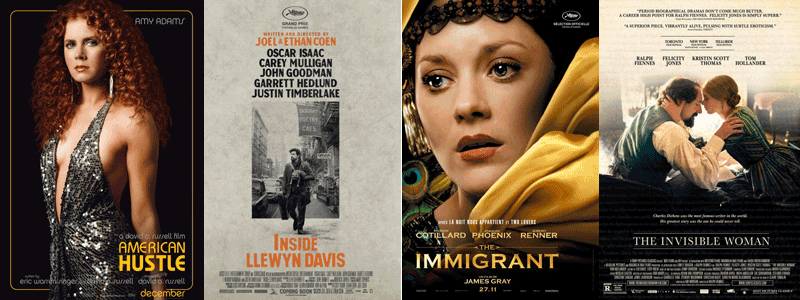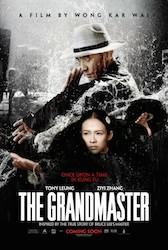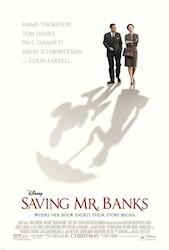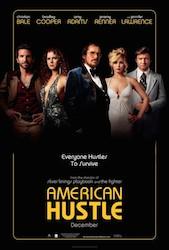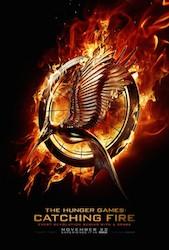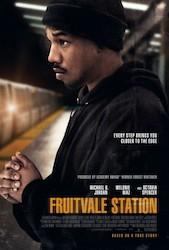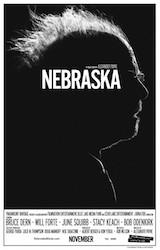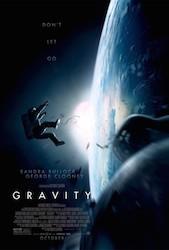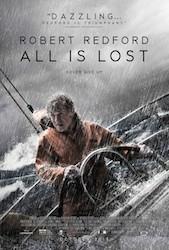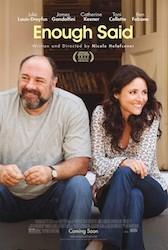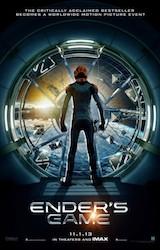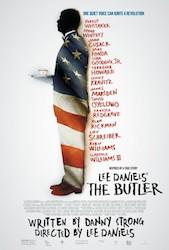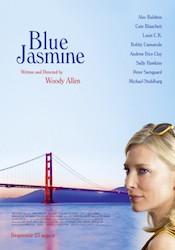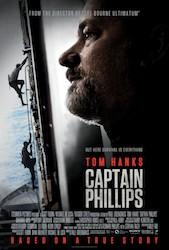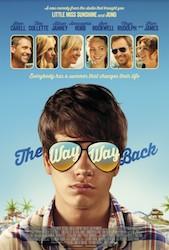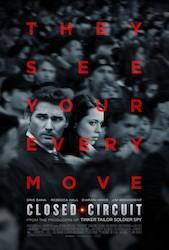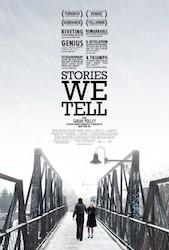“Lee Daniels’ The Butler”-Just wanted to note that the director’s name is in the title apparently as a solution to a claim by Warner Brothers to owning the rights to the name “The Butler” due to a silent film of that title. This is very strange since many films over the years have had the same titles as earlier films with no such controversy. Makes you wonder. In any case, this film tells the powerful story of a man and his relationship to the civil rights movement in America. The man is Cecil Gaines (Forest Whitaker) who loses his father to a murderous white man in 1920s Alabama, and when grown heads north and establishes himself as a butler. Gaines is so recognized for the quality of his work at a Washington hotel, that he finds himself being hired to work at the White House during the Eisenhower administration. Gaines is very aware of the horror of racism and segregation, considering his own history, but he has ingrained in him the sense that it is not his place to object. He is told by his boss at the White House that his job is to serve and not to observe or listen, although it seems that every time Gaines is in the Oval Office, the subject being discussed involves race and civil rights and the discussion is not often pleasant to the ear. On the other hand, Gaines’ son Louis (David Oyelowo), grows up to feel exactly the opposite, going off to college in Tennessee to fight the battle for civil rights, initially at lunch counters and later with the Black Panthers. The film centers around the struggle of Cecil and Louis for each other’s love and respect. Forest Whitaker does a workmanlike job as a man at war with himself over his circumstances and his son’s beliefs and actions, but often seems much too stiff and inexpressive before finally showing some reaction to the racism around him late in the film. A smile or an occasional humorous moment might have livened up his performance. David Oyelowo, a rising young British actor, is powerful as the angry son who stands up for what he believes. Oprah Winfrey, who made her acting debut almost 30 years ago in “The Color Purple,” is brilliantly subdued as Gaines’ wife Gloria who has to tolerate her husband’s devotion to his job and his antipathy to his son. The cast includes a variety of somewhat distracting cameos, some successful but most not, including Robin Williams as Eisenhower, James Marsden as JFK, Liev Schreiber as LBJ, John Cusack as Nixon, Alan Rickman as Ronald Reagan, and Jane Fonda as Nancy Reagan. Although the makeup artists gave Rickman a real Reagan haircut (or wig), he was completely wrong for the part of the pseudo-charming Reagan. The cast also includes Cuba Gooding, Jr., and Lenny Kravitz as Cecil Gaines’ co-workers at the White House, and Terrence Howard as Gaines’ flirtatious neighbor. Overall, Lee Daniels’ film successfully explores the pain of American racism and the fight for civil rights, but it needed to more effectively balance the pathos with some moments of humor and joy. B+ (2/6/14) | |

